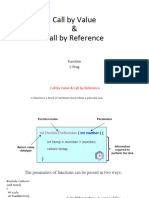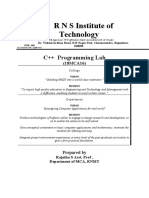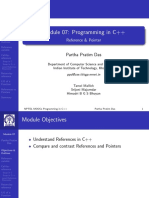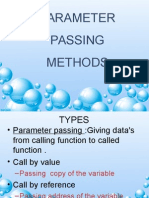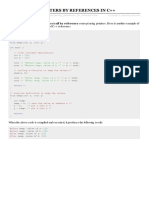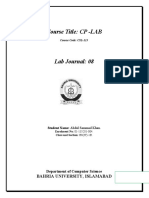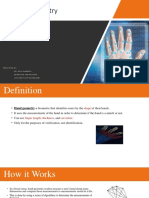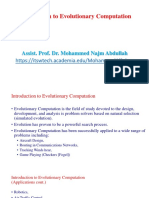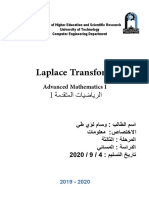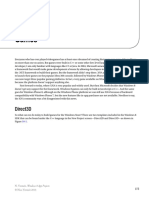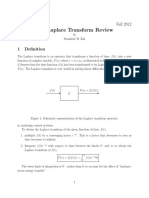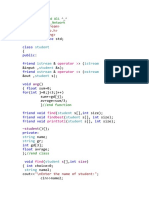0% found this document useful (0 votes)
73 views2 pagesCall by Address vs Reference in C++
The document describes call by reference in C++. It shows a swap function that takes integer references as parameters. When calling swap, the function can directly exchange the values of the arguments passed in, without needing to dereference pointers. This is because references allow the called function to modify the original arguments. The example demonstrates defining and calling swap with references, and how it exchanges the values of the variables passed to it without needing pointers or the dereference operator.
Uploaded by
ljjbCopyright
© © All Rights Reserved
We take content rights seriously. If you suspect this is your content, claim it here.
Available Formats
Download as PDF, TXT or read online on Scribd
0% found this document useful (0 votes)
73 views2 pagesCall by Address vs Reference in C++
The document describes call by reference in C++. It shows a swap function that takes integer references as parameters. When calling swap, the function can directly exchange the values of the arguments passed in, without needing to dereference pointers. This is because references allow the called function to modify the original arguments. The example demonstrates defining and calling swap with references, and how it exchanges the values of the variables passed to it without needing pointers or the dereference operator.
Uploaded by
ljjbCopyright
© © All Rights Reserved
We take content rights seriously. If you suspect this is your content, claim it here.
Available Formats
Download as PDF, TXT or read online on Scribd
/ 2








